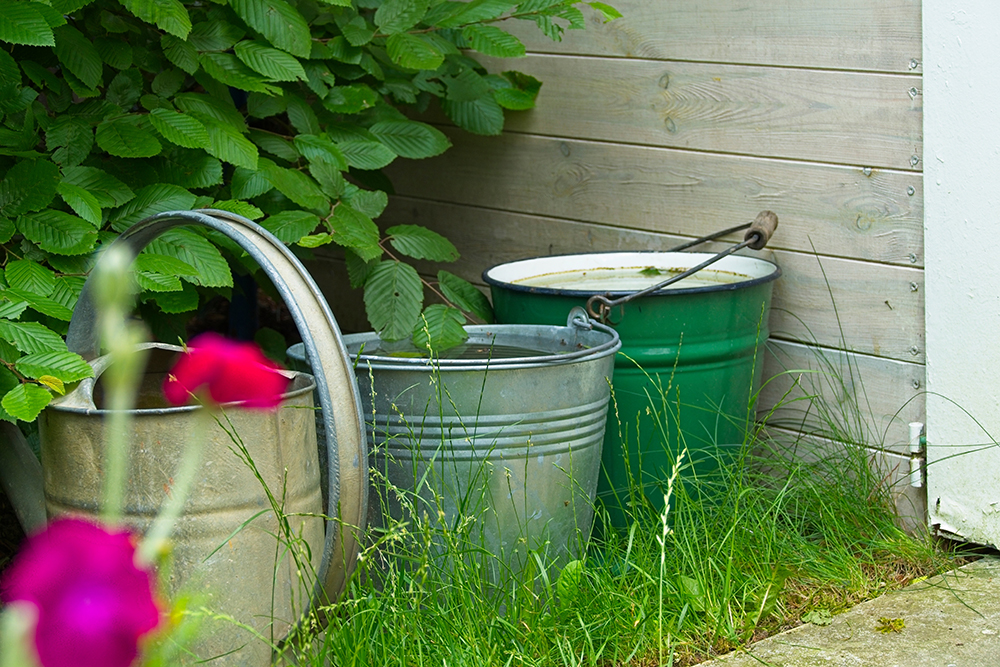
Mosquito-Proof Your Houston Area Yard: Easy DIY Tips to Keep Your Home Bite-Free This Spring
As warm weather returns to the Greater Houston area, so do some less-welcome guests: mosquitoes. With Houston's high humidity, frequent rainfall, and mild winters, conditions are perfect for mosquitoes to thrive—especially starting in April. But the good news? There are several simple, effective steps homeowners can take to drastically reduce mosquito populations around their own yards, and most of them require little more than a sharp eye, a few household tools, and a bit of weekend effort.
Why Mosquito Control in Houston Matters
Besides being a nuisance, mosquitoes pose real health risks. According to the Centers for Disease Control and Prevention (CDC), mosquitoes are known to carry and transmit diseases such as West Nile Virus, which has been reported annually in Harris and Fort Bend Counties, plus surrounding areas. The Harris County Public Health Mosquito & Vector Control Division confirms that the mosquito season typically begins in April and runs through October—making spring mosquito prevention a top priority. Learn more about mosquito spraying in Fort Bend County here.
“Preventing mosquitoes from breeding is the most effective way to reduce populations,” says the CDC. “The fewer places mosquitoes have to lay eggs, the fewer mosquitoes you’ll have to deal with.”
Mobile Sidebar Ad
Step 1: Eliminate Standing Water—Their Favorite Breeding Ground
Mosquitoes lay eggs in stagnant water, and Houston's frequent spring showers make it easy for water to collect in overlooked spots around your yard.
Walk your property and look for anything that can hold water, including:
-
Plant saucers and flower pots
-
Birdbaths and pet bowls
-
Clogged gutters and downspouts
-
Kids’ toys and buckets
-
Trash can lids
-
Tarps, tires, and wheelbarrows
-
Outdoor furniture crevices
Tip: Empty water-holding items at least once a week, and scrub them when possible to remove mosquito eggs.
Step 2: Trim Back Vegetation and Clear Debris
Mosquitoes rest in shady, humid areas during the day, such as overgrown plants, tall grass, or leaf piles.
Maintain your yard with regular:
-
Mowing and edging
-
Trimming of shrubs and hedges
-
Raking and removing leaf litter
Also check for dense landscaping near foundations or fences, where moisture tends to accumulate—prime hiding spots for mosquitoes.
Step 3: DIY Mosquito Traps and Natural Repellents
For homeowners who prefer natural approaches or want extra protection without chemicals, here are some easy DIY solutions:
-
DIY Mosquito Trap: A mix of sugar water and yeast in a cut plastic bottle can attract and trap mosquitoes using carbon dioxide.
-
Citronella and Lemongrass Plants: These plants emit scents mosquitoes dislike. Place them near seating areas for added deterrence.
-
Fans on Patios: Mosquitoes are weak fliers—positioning box or ceiling fans around outdoor spaces can help keep them away.
-
Essential Oils: Lavender, eucalyptus, and tea tree oils (properly diluted) can be used as topical repellents or added to candles.
According to the Environmental Protection Agency (EPA), natural repellents like oil of lemon eucalyptus have shown to be effective in repelling mosquitoes for several hours.
Mobile Sidebar Ad
Step 4: Treat Problem Areas (When Needed)
If you’re still seeing mosquitoes, consider applying a larvicide to hard-to-drain water (like rain barrels or French drains), or using a DIY mosquito yard spray. Look for EPA-approved ingredients like:
-
Bacillus thuringiensis israelensis (Bti) for standing water
-
Permethrin or pyrethrin-based sprays for foliage (but use with caution and according to label instructions)
You can also treat your lawn with granular repellents—especially useful before hosting outdoor events.
Step 5: Check and Repair Window and Door Screens
Sometimes mosquitoes sneak inside—especially in the early morning or evening when doors are open. Be sure to:
-
Patch holes in window and door screens
-
Use weather stripping to seal gaps
-
Install door sweeps if needed
Tip: Check your garage and patio doors—mosquitoes often enter through screens that are damaged or never fully closed.
The Takeaway: Small Steps, Big Impact
In mosquito-prone areas like Houston, routine yard maintenance is one of the best lines of defense. Tackling a few DIY mosquito control tasks each spring can help you avoid costly pest control services later—and keep your family safe and comfortable all season long.
 Tiffany Krenek has been on the My Neighborhood News team since August 2021. She is passionate about curating and sharing content that enriches the lives of our readers in a personal, meaningful way. A loving mother and wife, Tiffany and her family live in the West Houston/Cypress region.
Tiffany Krenek has been on the My Neighborhood News team since August 2021. She is passionate about curating and sharing content that enriches the lives of our readers in a personal, meaningful way. A loving mother and wife, Tiffany and her family live in the West Houston/Cypress region.

